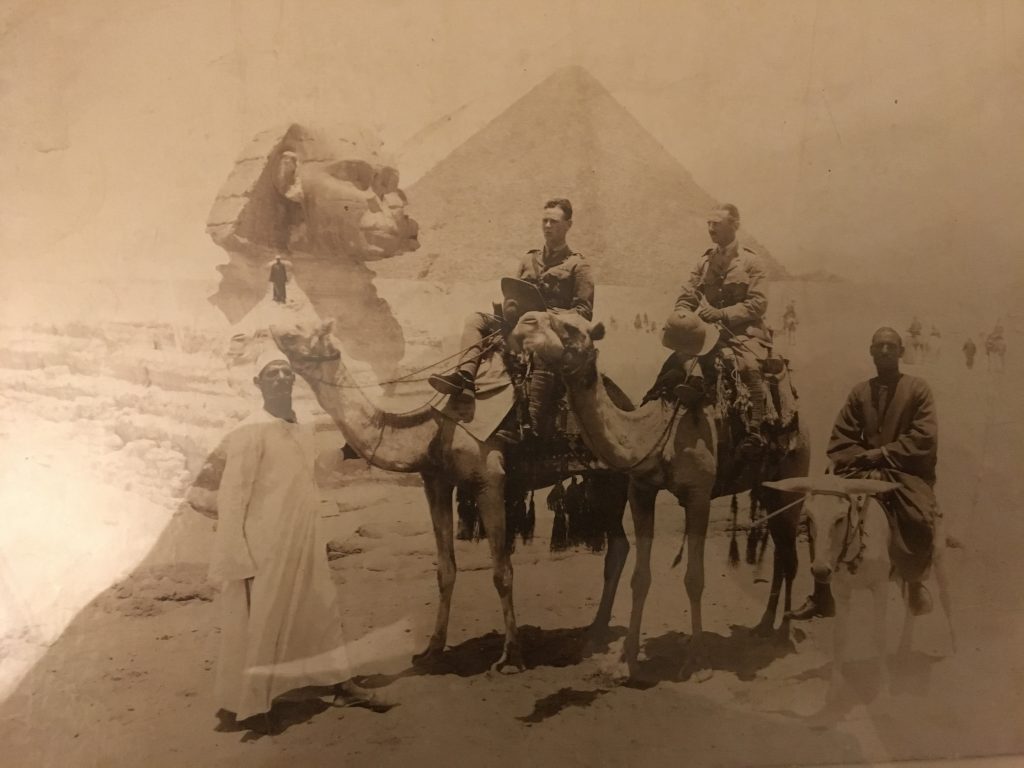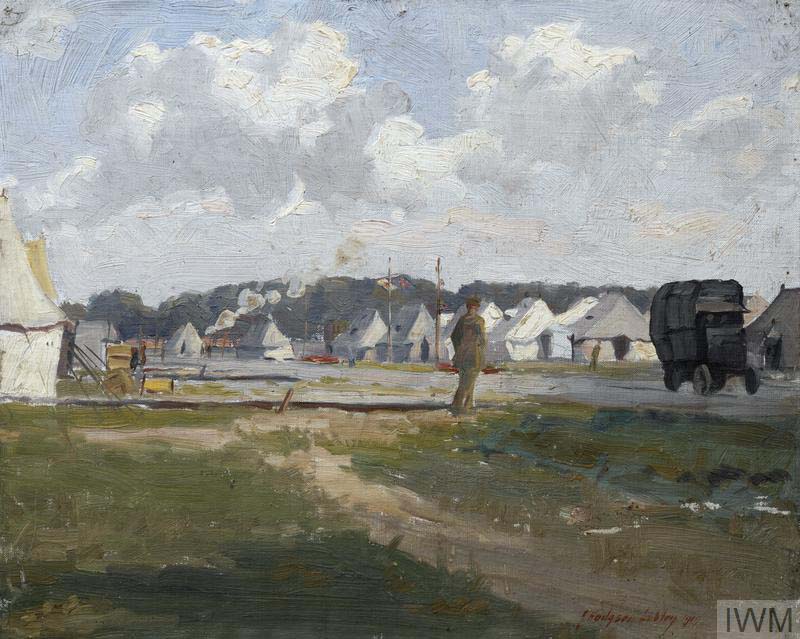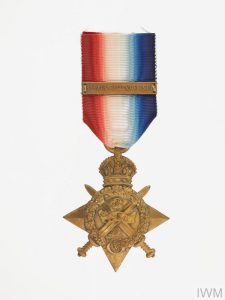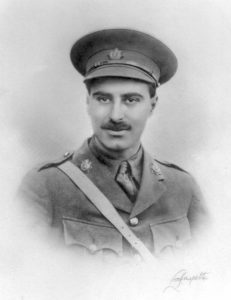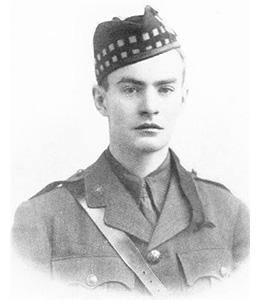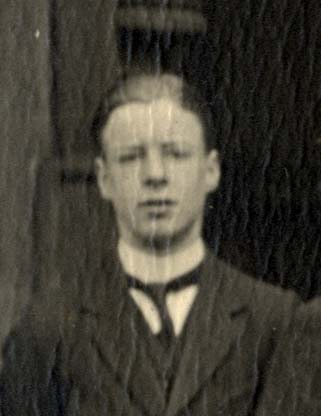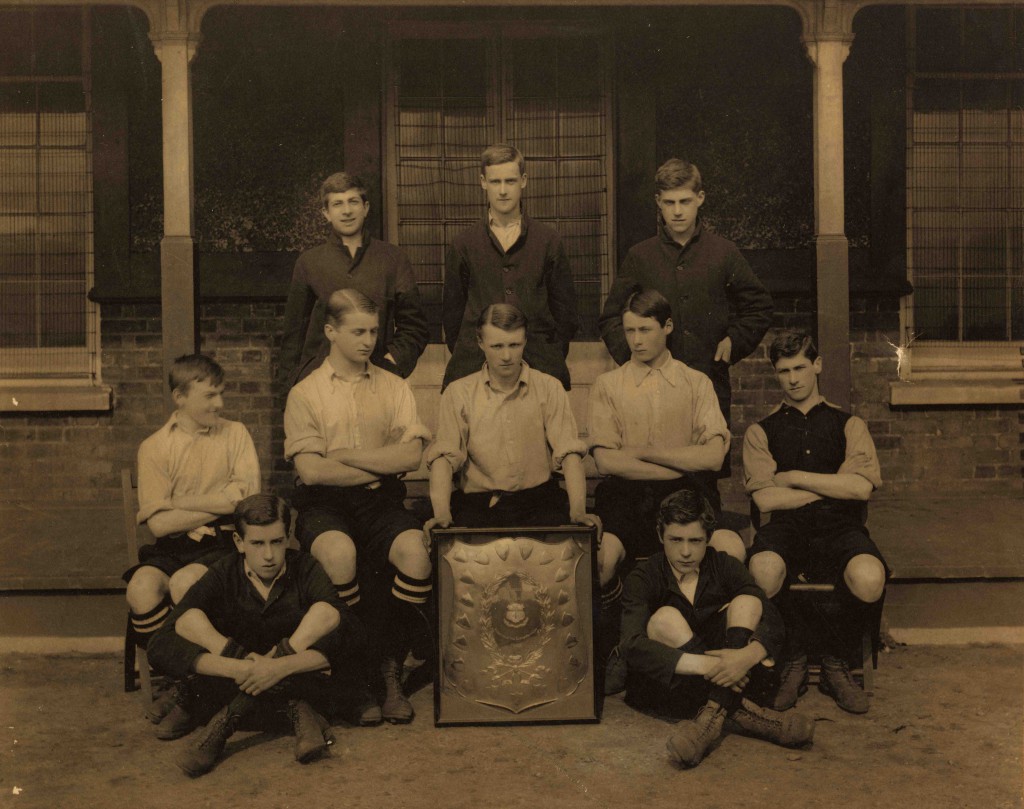THE presence of some great military camp,with all its bustle and activity, may serve as aperpetual reminder to our contemporaries in thecountry or sleepy Cathedral towns of the crisisthrough which England is passing. In manycases matches are arranged between the campand the School, and the camp supplies the morehopeful side of this war ; the darker side is oftenrepresented by wounded and convalescentsoldiers in the sanatorium, who, however, arethemselves as a rule the least depressed ordiscouraging. There is, of course, everywhereto be noticed the extreme activity of the O.T.C.,but beyond the points we have mentioned thereis little in the country to make one realise thenearness and the greatness of the present war.
And are we more forcibly reminded ourselves? True, we have no great camp close by,no wounded in our Sanatoria, and the O.T.C.here can indulge in no frequent field-days. Butthere are other signs here in London which makeus proud to belong to the greatest of all cities ;we live well within range of the War Office, andthe Victoria Tower stands like a sentinel overthe Abbey and her children. Victoria Streetis ever on the alert with khakied forms of allranks, from the Tommy to the high Staff Officer.From Green thoughout the morning, and oftenthe afternoon too, proceed sounds denoting theinculcation of elementary drill into willingrecruits by patient sergeants of the LondonScottish, Queen’s Westminsters, and other(County of London) Battalions, The LondonRegiment (we cannot get out of the habit ofstrict Army List titles !).
Fields, too, bear ample witness of hard wearby Yeomanry and others, and are constantlypassing on that hard wear to the footballenthusiast, who cheerfully puts up with aground full of treacherous footholes of mud andnerve-racking patches where bricks seem tohave taken the place of soil. The hurried anteprandialvisit to the posters seems more thanever essential to liven up some noted pessimistwith a reported German disaster. And if BigBen, the School clock-tower, seem a trifle gloomyin his silence, yet good comes out of evil, andthe erratic Abbey clock affords an excellentexcuse for the late arrival in form. Even thesombre cloisters have their awakenings ; therewas a time when the giants of old would dovaliant battle in the milling green, but morefearsome than that is the sight of some graveprebend in the uniform of Chaplain to the Forces.
And the darker side of the war for us issupplied by the daily arrivals at the Westminster
Hospital, over which there flutters now, as overSt. Thomas’s across the water, the flag of theGeneva Cross. The darker side in a lightersense, as an Irishman might put it, is also forcedupon us nightly by the darkened streets, alongwhich, mirabile dictu, the traffic seems to fly atunslackened pace. The pitchy black is relievedin the early evening by the searchlights onVauxhall Bridge and elsewhere, reminding usthat if the much-talked-of Zeppelins do reachLondon, we within the Abbey precincts shall be
among the first to suffer.
And finally, if we cannot make a field-daya weekly fixture, the Westminster ContingentO.T.C., as is natural, no doubt, as is right, isworking at the highest pressure to fit for activeservice all whose time is coming to serve theirKing.
Taken from the Editorial to The Elizabethan, February 1915
